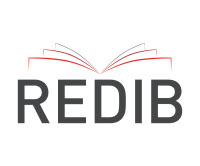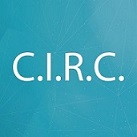Fake news e cidadania digital: procedimentos de checagem de fatos em textos multissemióticos
DOI:
https://doi.org/10.21680/1517-7874.2023v25n3ID32145Abstract
It is not today that misinformation plagues the world. There are a number of reports of fake news since Classical Antiquity (PUTTING REF), going through all moments of human history and reaching its peak in recent years, especially with the development of digital technologies and social networking sites. It can be said that fake news changed the course of human history, and it was no different in Brazil: the military coups of 1889, 1937 and 1964, for example, were the result of misinformation. In this work, our objective is to suggest more objective criteria that allow the recognition of texts based on disinformation, or what is more popularly known as fake news (FN). For this, we rely on the studies of Wardle and Derakshan (2017), which deal with the Misinformation Disorder Framework; in Seserig and Máximo (2017) and Tobias (2018), who point out elements that characterize disinformation; and in Author (XXX), Author; Coauthor (XXXX; XXXX), on fact-checking procedures. Methodologically, we selected two NFs, one with a political theme and the other with a health theme, which circulated in digital media and have already been demystified by checking agencies. The results point out that there are two groups of broader criteria that help in the identification: those of expression, more immediate; and those of content, less immediate, requiring confirmation of evidence. Both groups seem to be able to identify different FN structures and themes.
Downloads
Downloads
Published
How to Cite
Issue
Section
License
Copyright (c) 2023 Revista do GELNE

This work is licensed under a Creative Commons Attribution-NonCommercial-ShareAlike 4.0 International License.

Este trabalho foi licenciado com uma Licença Creative Commons - Atribuição - NãoComercial - CompartilhaIgual 3.0 Não Adaptada.
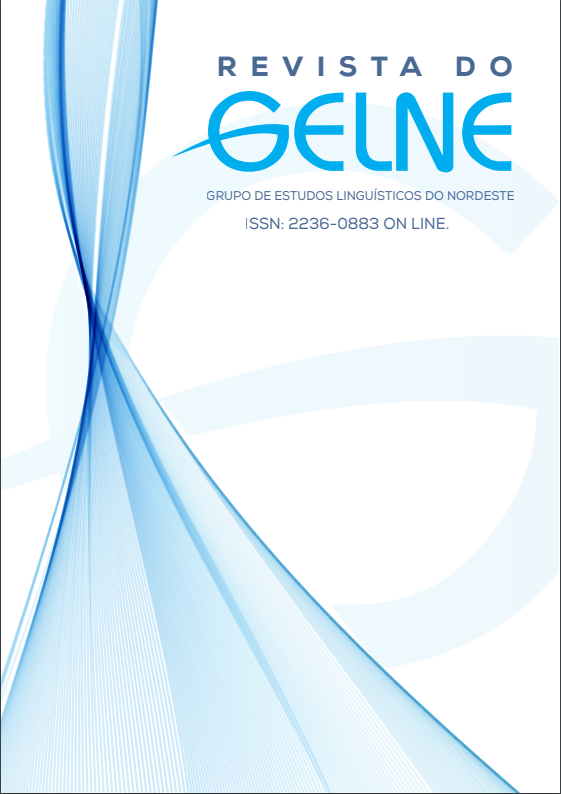
 Português (Brasil)
Português (Brasil) English
English Español (España)
Español (España)






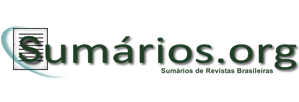

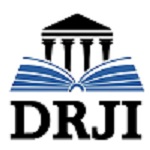
.jpg)
